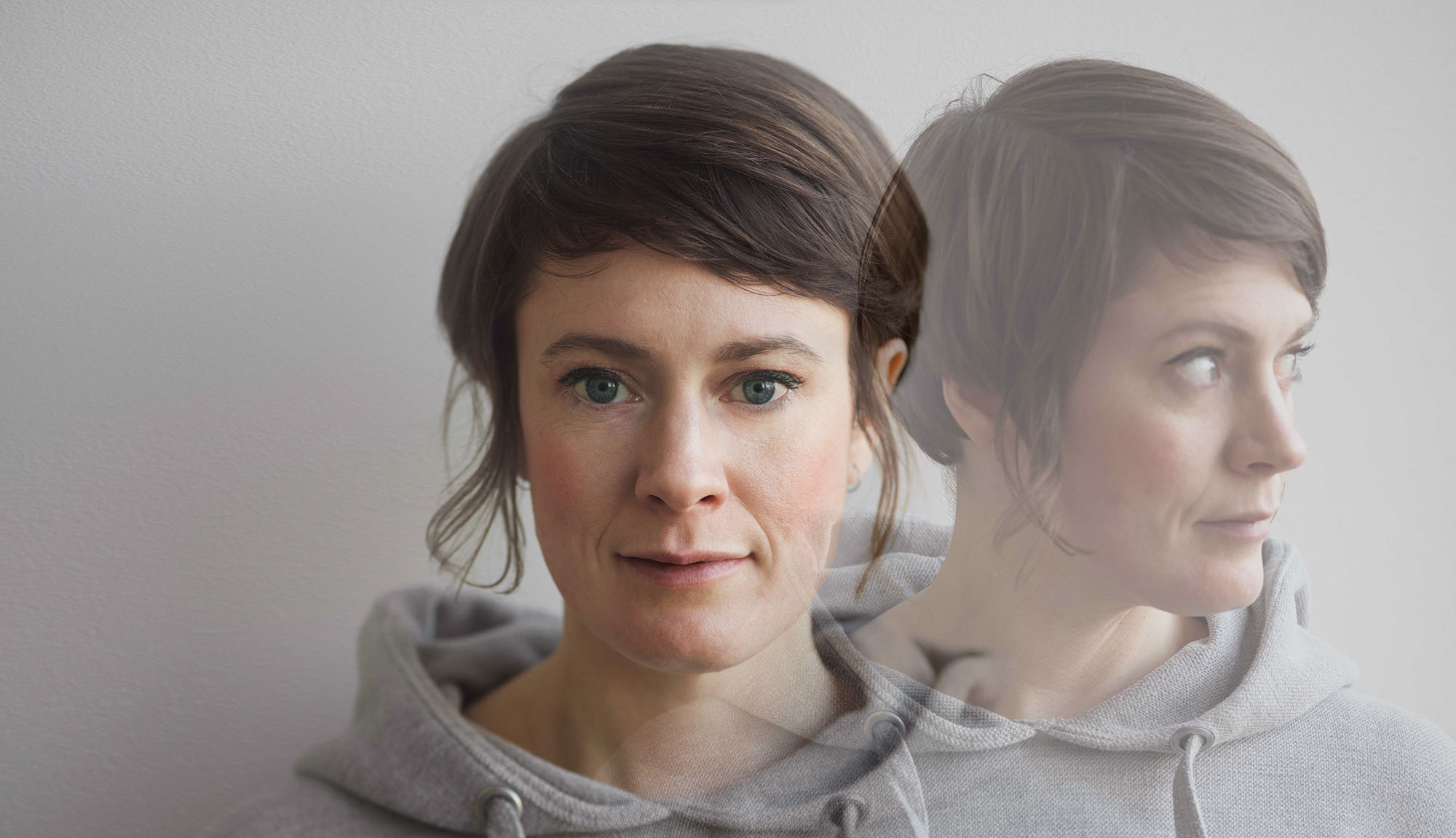Mirjam Katzin

Mirjam Katzin - coordinator against antisemitism in the school at City of Malmö.
"We must not put oppressed groups against each other"
- Anti-Semitism is a multifaceted problem and there are no easy answers or quick solutions. There is also a lack of research and systematized knowledge about how to combat the issue in schools. Therefore, I needed to start by seeking to understand the problem and how best to deal with it.
- Anti-Semitism is a complex problem that is basically about racism. It is the racist structures in society that we must address. As I see it, racism is about dividing people into "we" and "them" with a hierarchy between the groups. Another tendency in a racist society is that oppressed groups are pitted against each other.
- The issue of Israel and Palestine is important for understanding certain aspects of anti-Semitism in Malmö. One might think that the conflict takes place far from here, but in fact it is very much alive in our city. Many here have experienced it in the form of oppression, violence and statelessness. For many, either Israel or Palestine embody a longing for security and freedom from oppression. That is why it is an issue for our whole city. The schools here have a mission to give children the tools to sort between their feelings, prejudices, and facts, so they can cease confusion between the state of Israel and Jews. Many in our city live with various kinds of painful experiences and we must be able to acknowledge and talk about that suffering.
- Some forces try to use anti-Semitism in a racist narrative, where they make it seem that anti-Semitism comes from outside Sweden. But it is too simple and does not take into account that anti-Semitism has historically always existed in Sweden and expressed in different ways. One such way is that Jews had to assimilate; that is to say that we have, to a large extent, had to abandon our own culture and identity and adapt to Swedish culture in order to live here.
- Basically, all work against racism is about humanization. It is absolutely essential that we see and meet each other. I do not usually use the term anti-Semitic because then one thinks that there are those who are evil (the anti-Semites) and those who are good (those who are not anti-Semites). It is important to see the structure of racism and the human being in the other. Therefore, I try to humanize the issue and what is happening, not put more labels on people. Anti-Semitism is not a disease to be cured, but a fundamental problem in society that can be changed by making society open, inclusive, and equal.
Sidan senast uppdaterad: